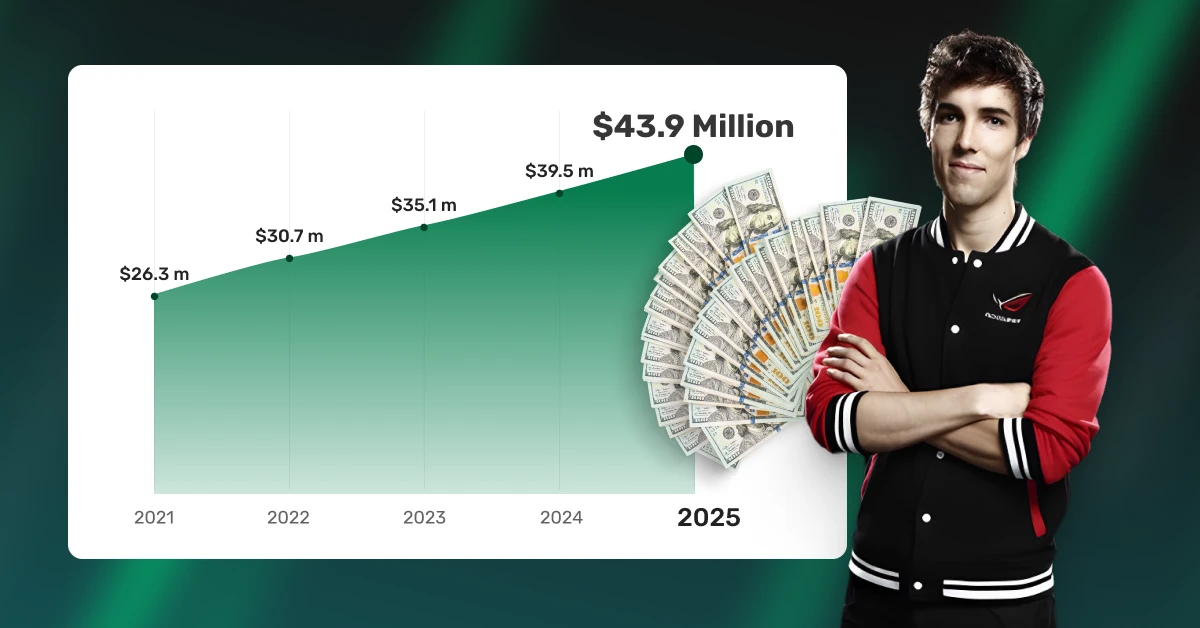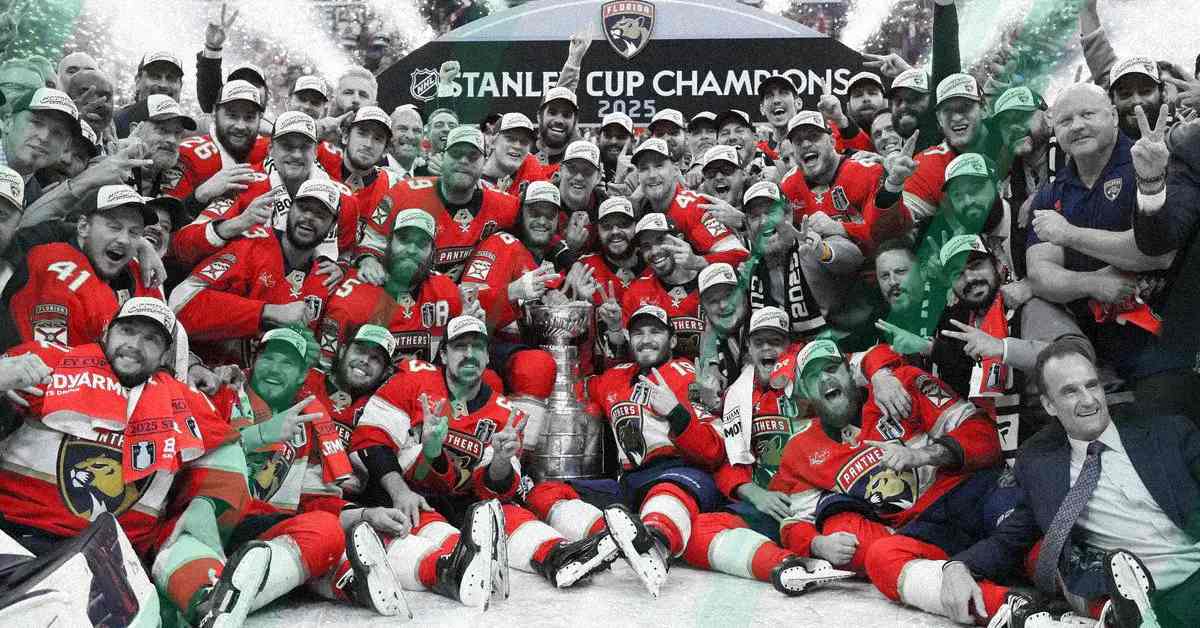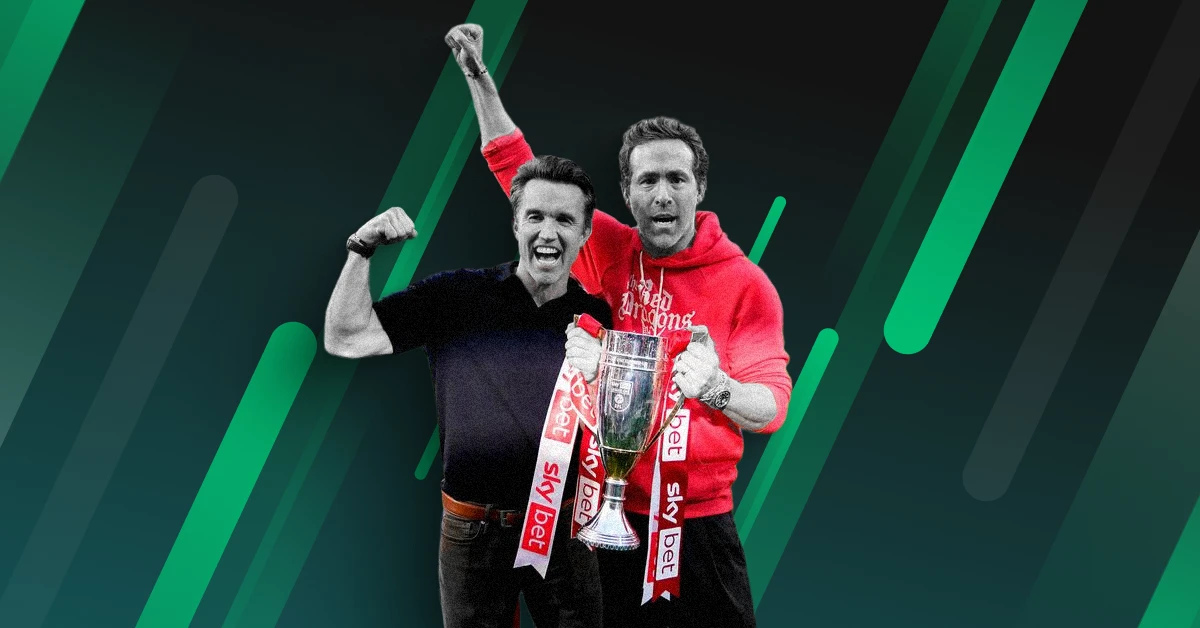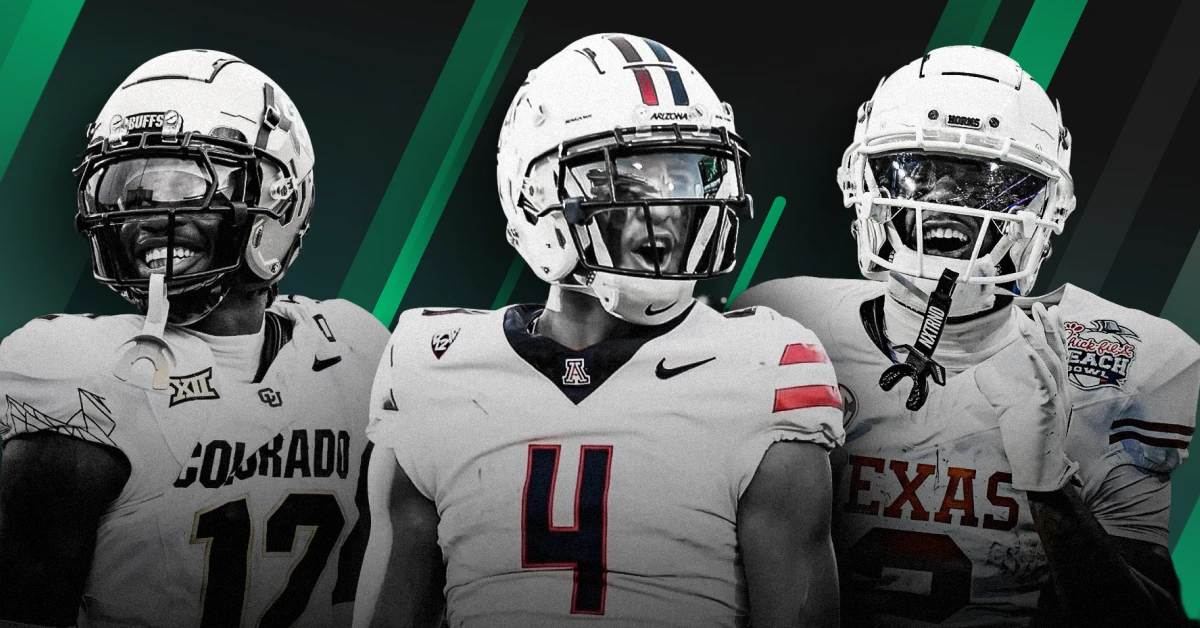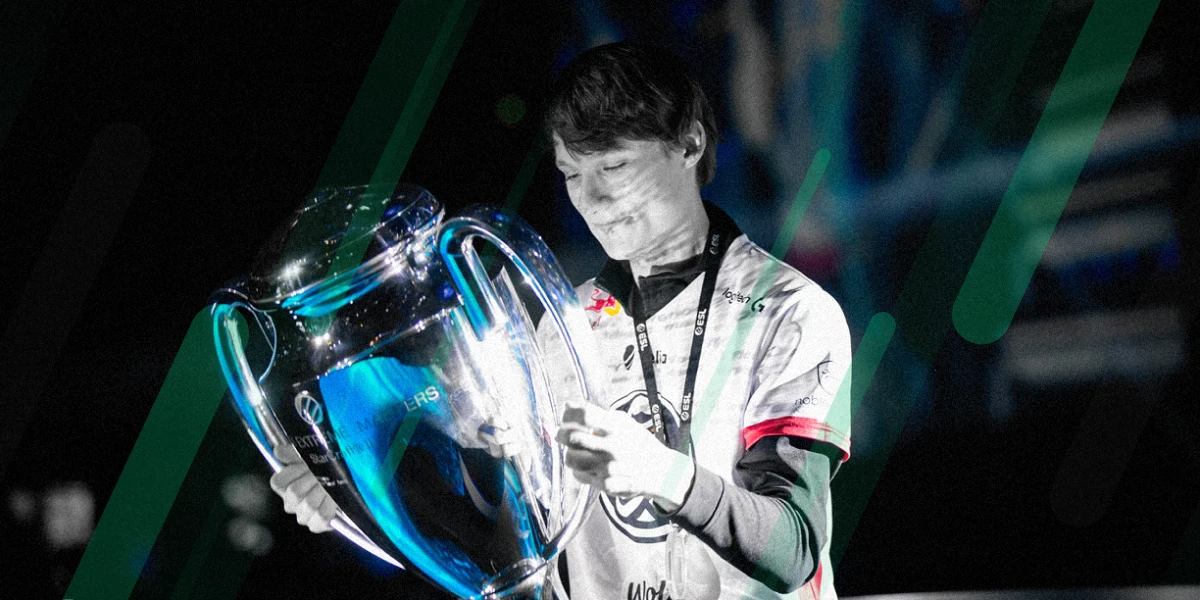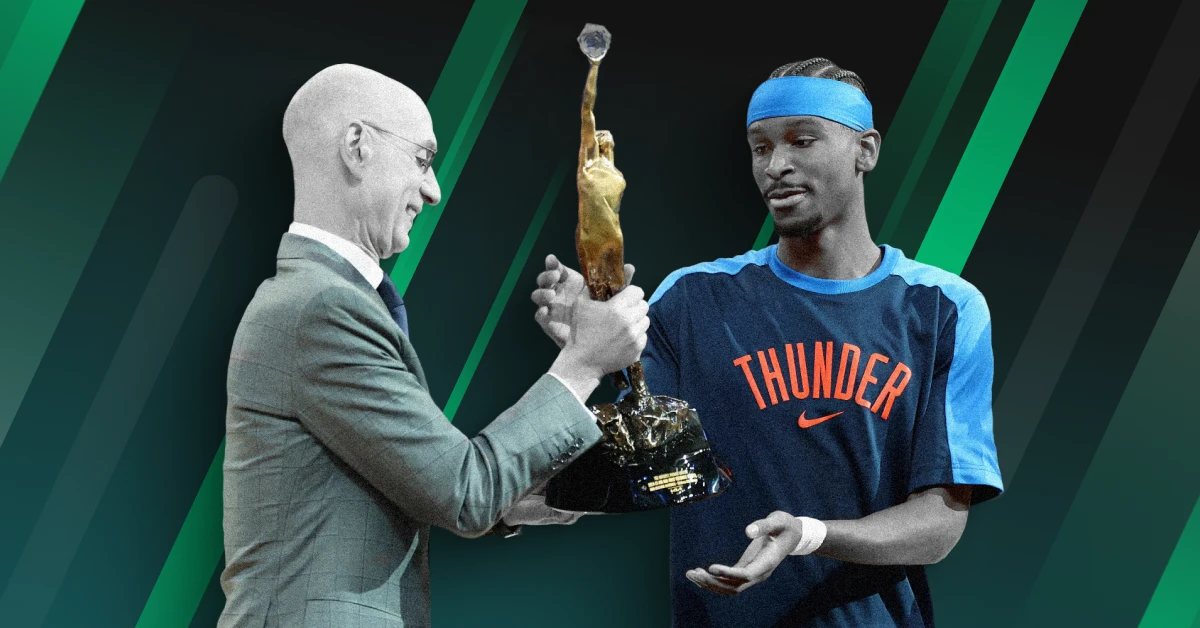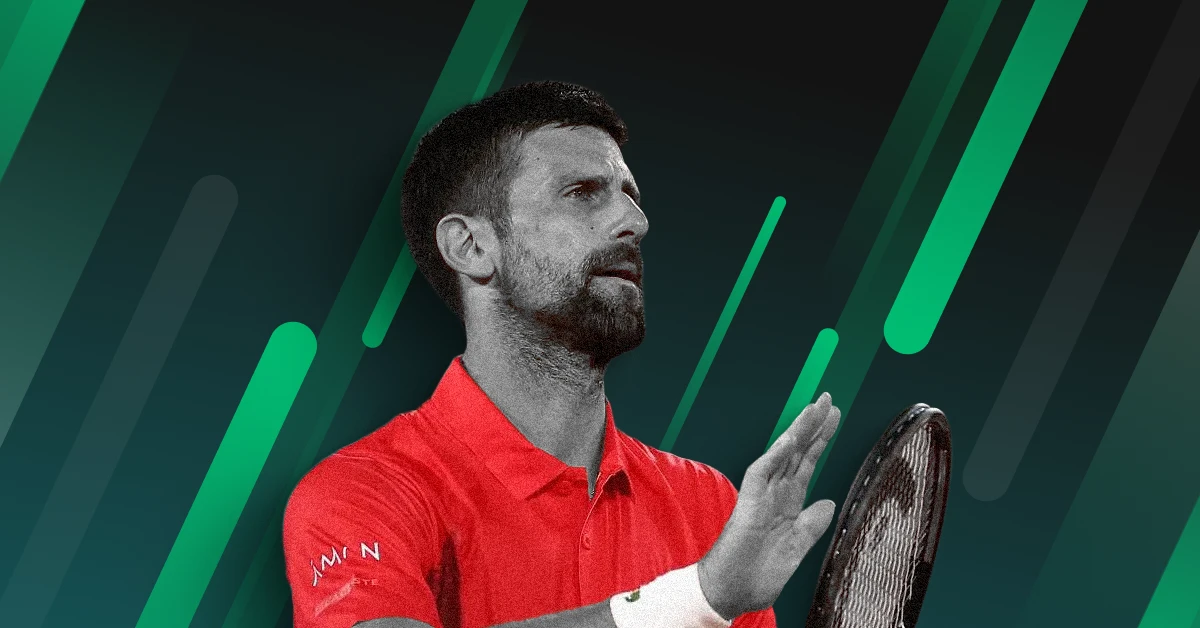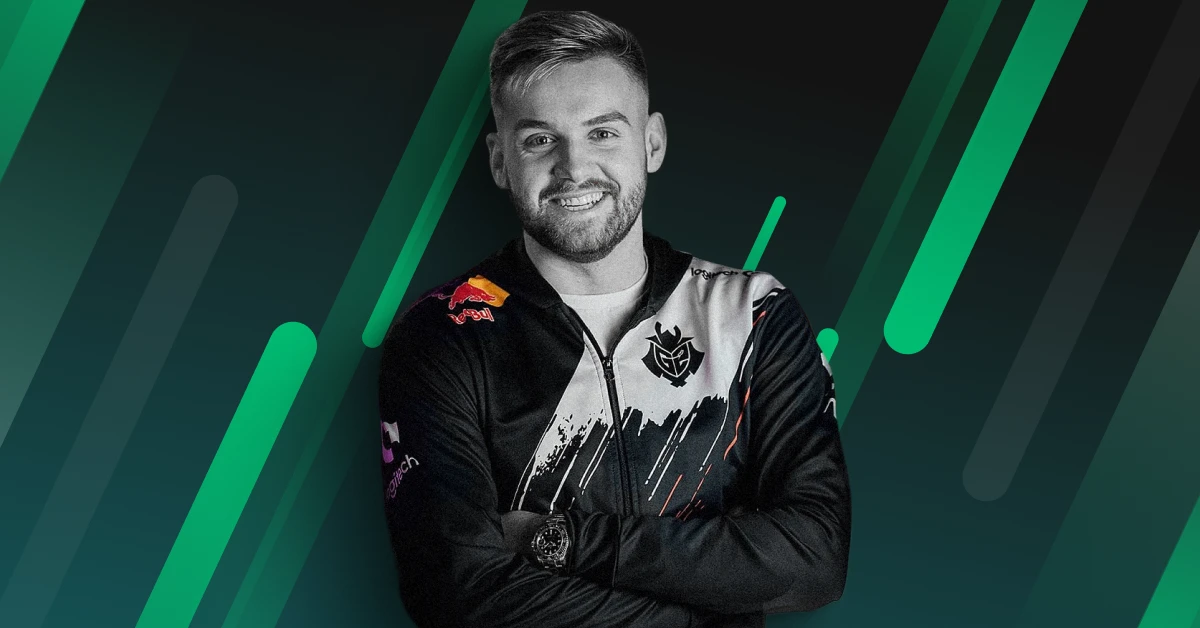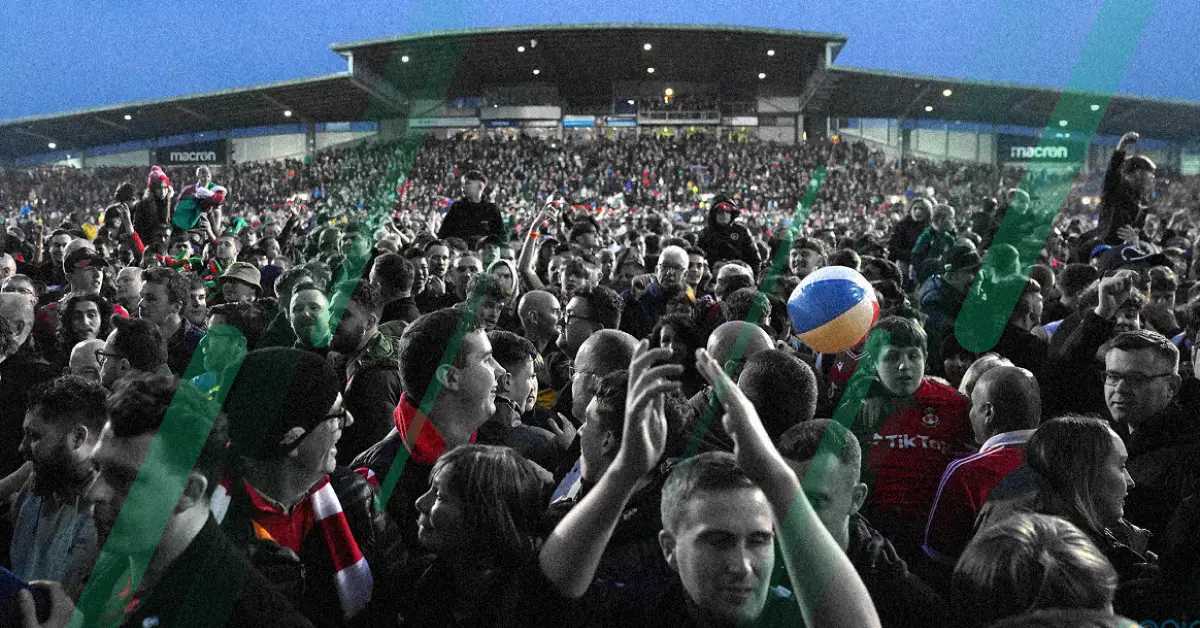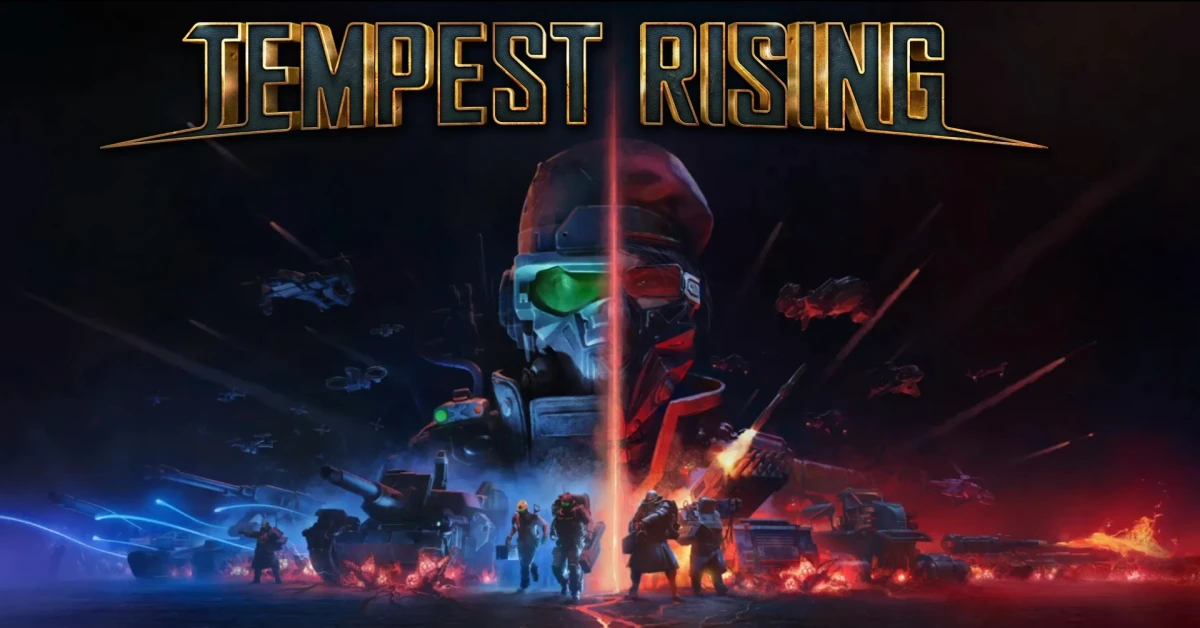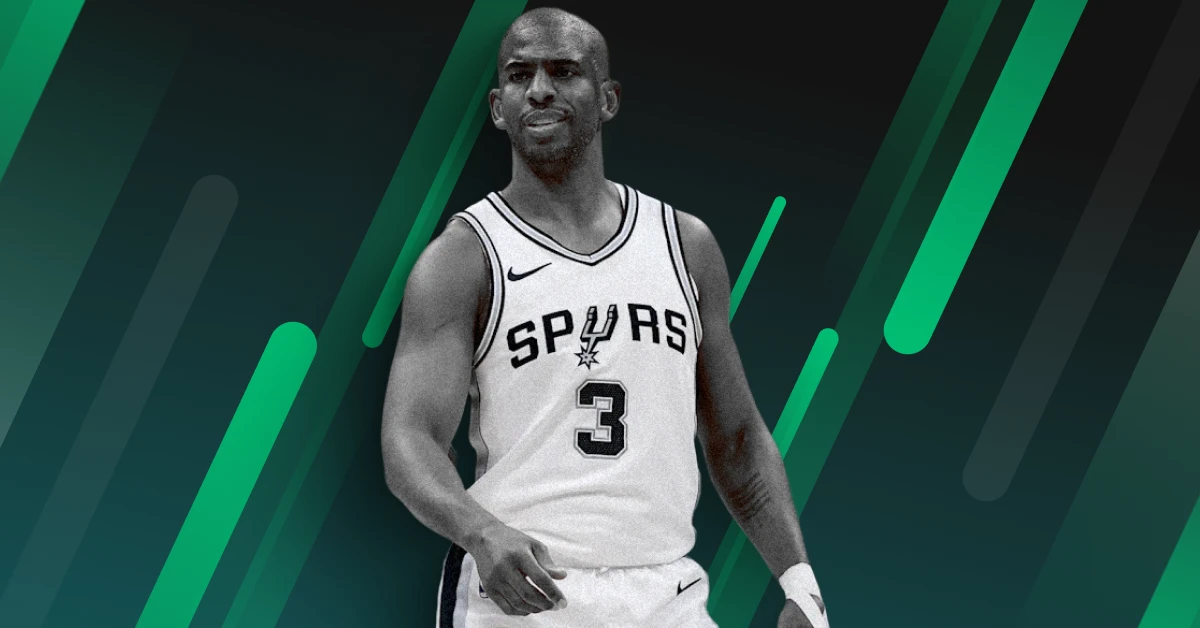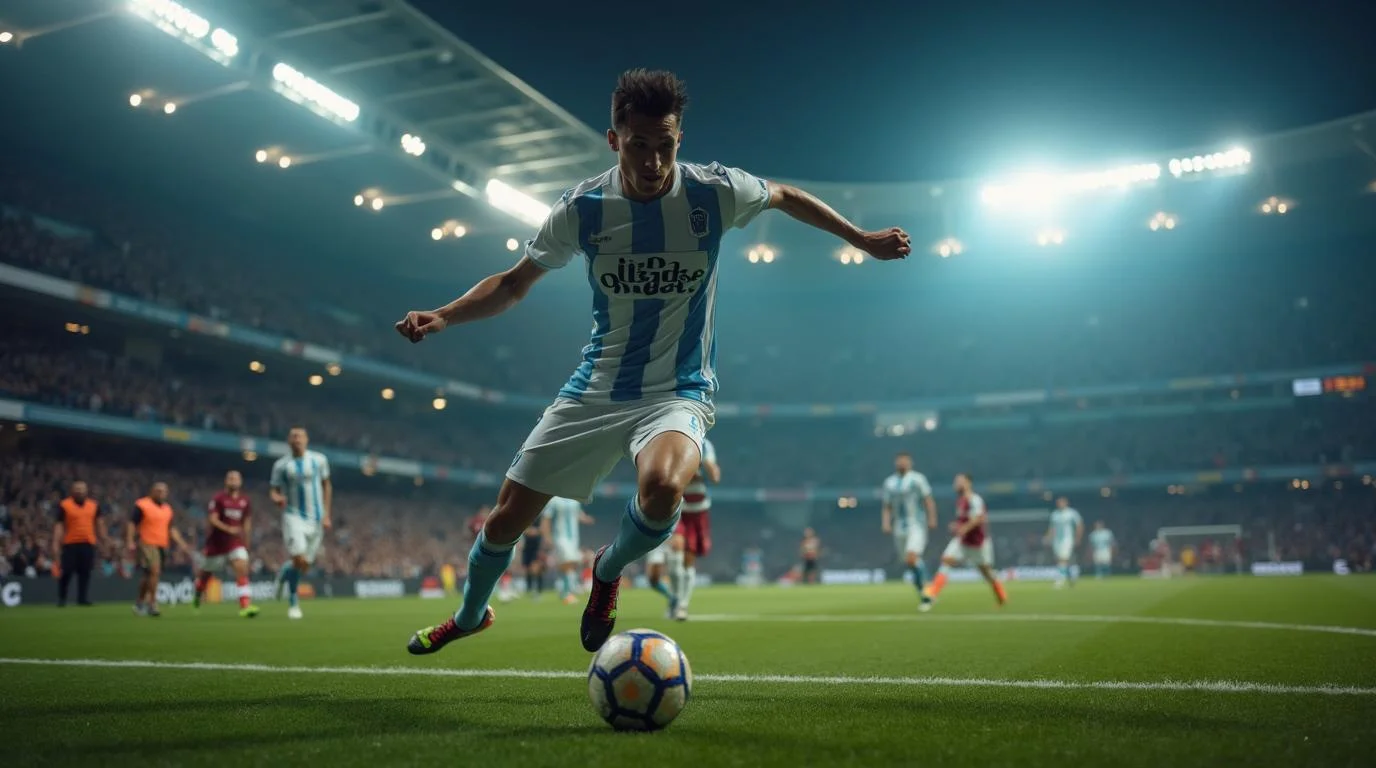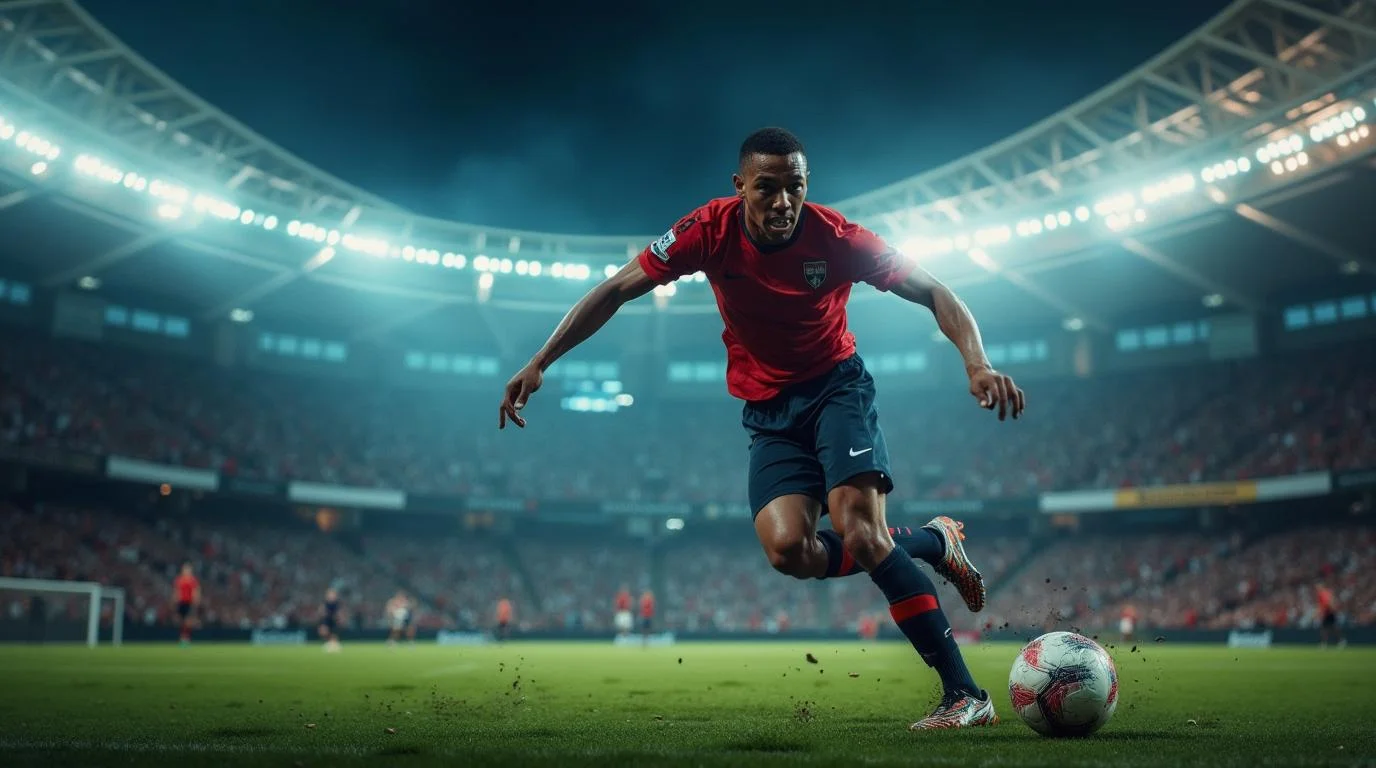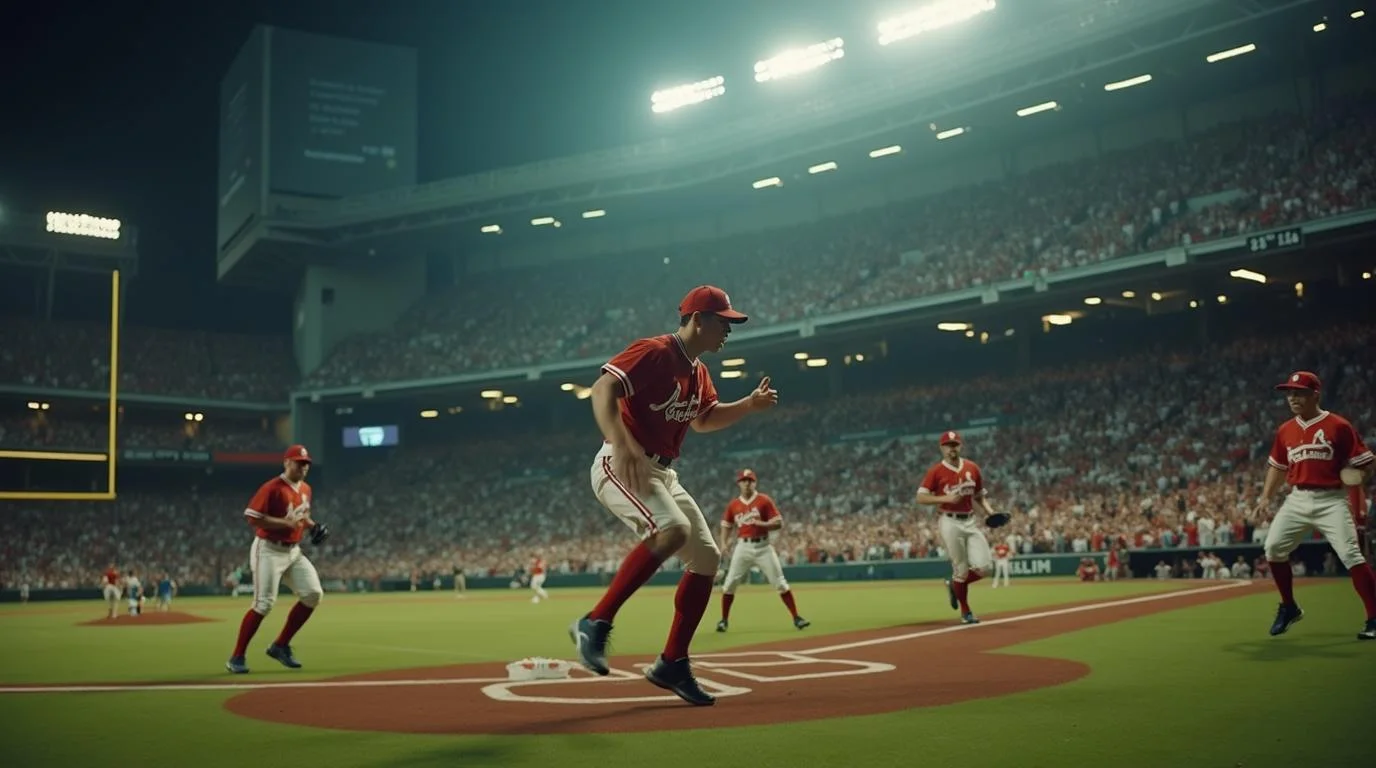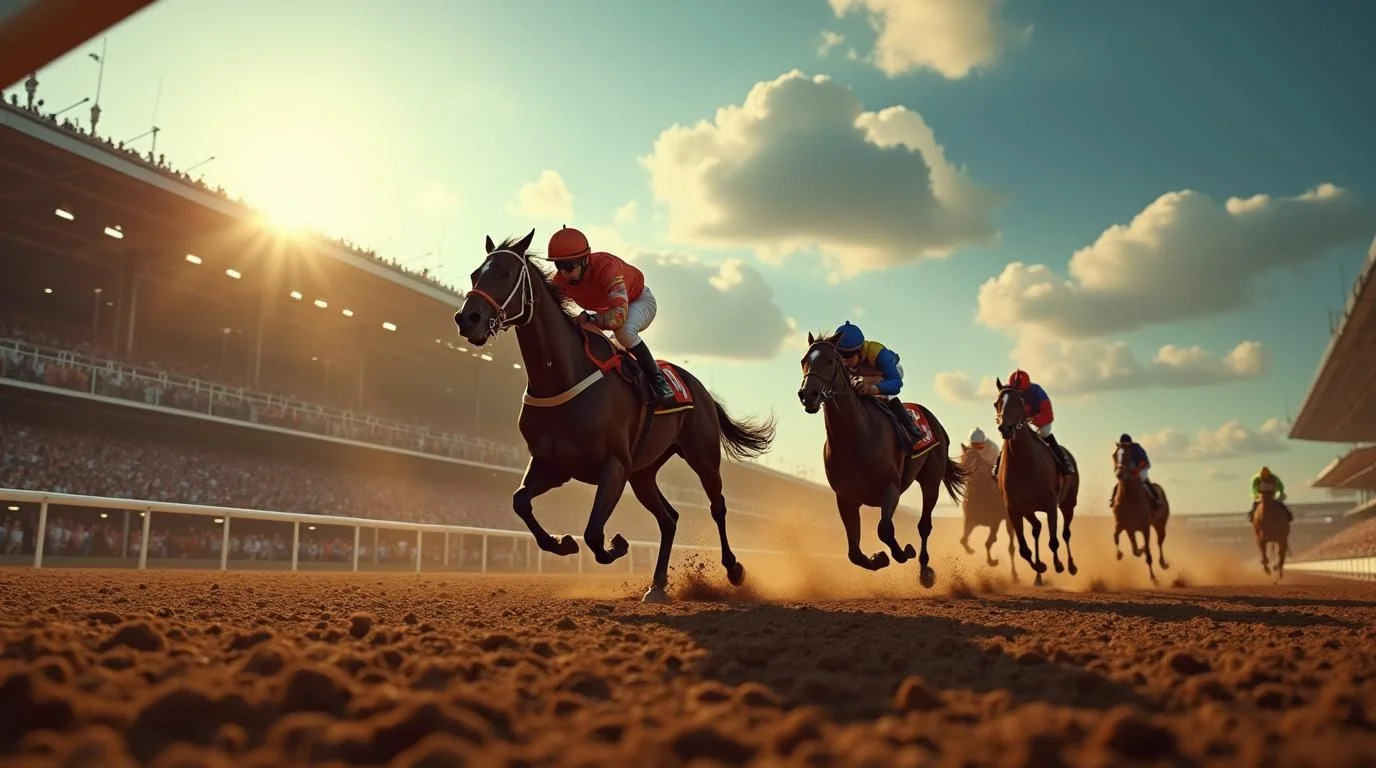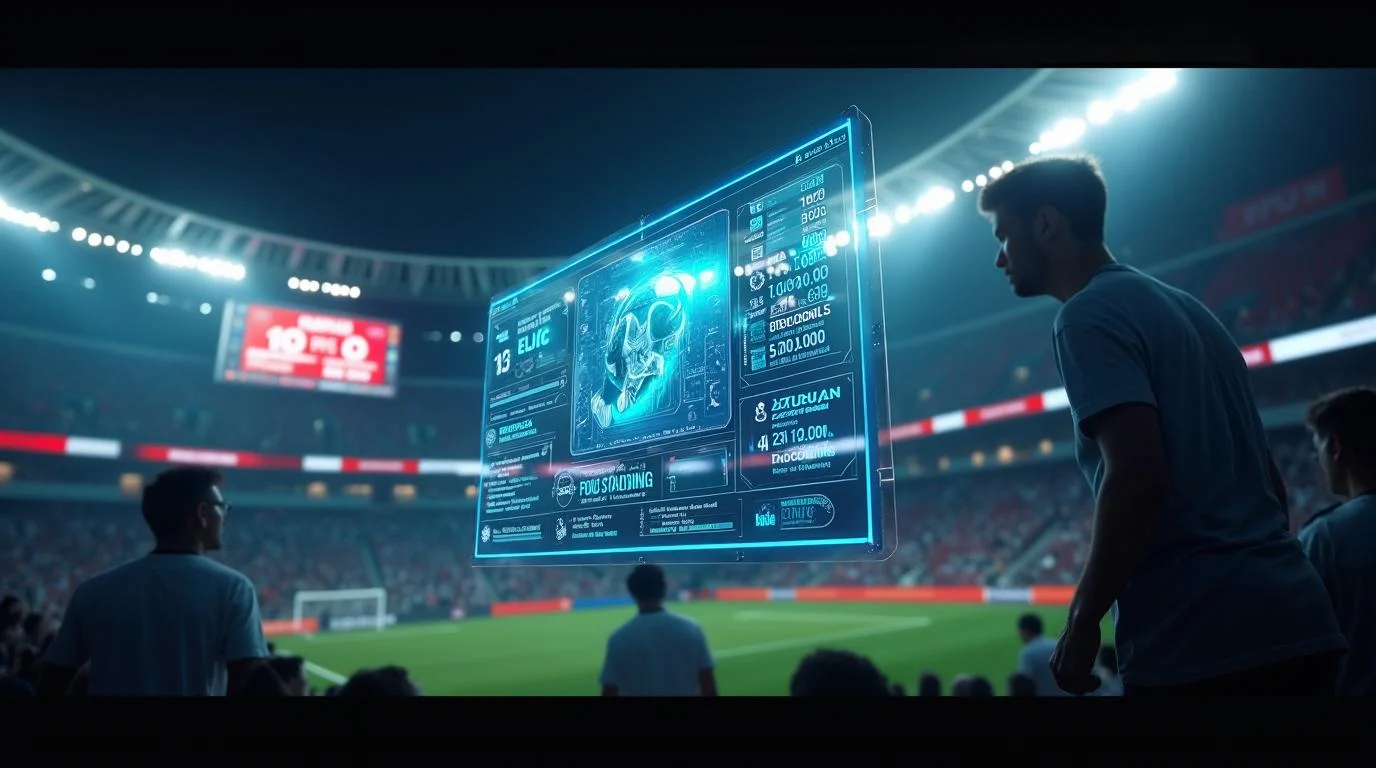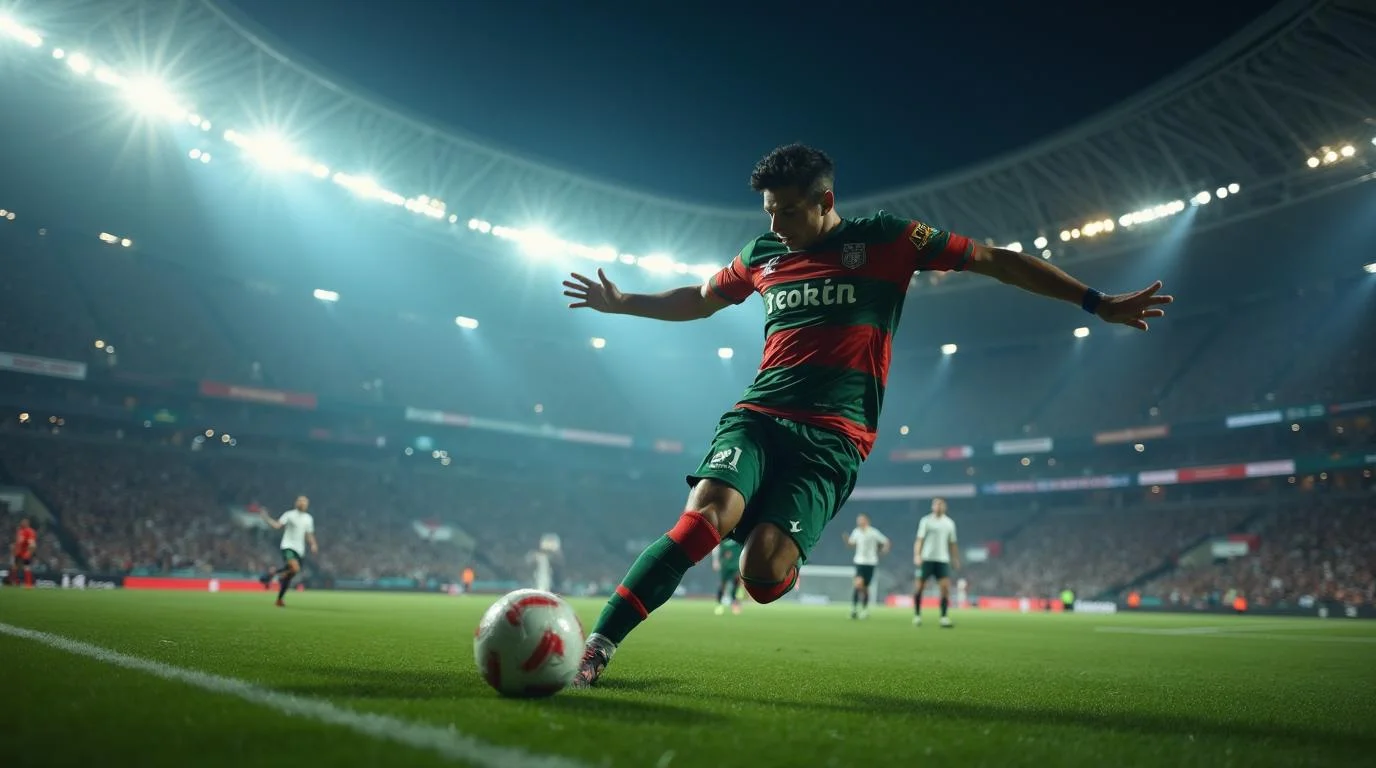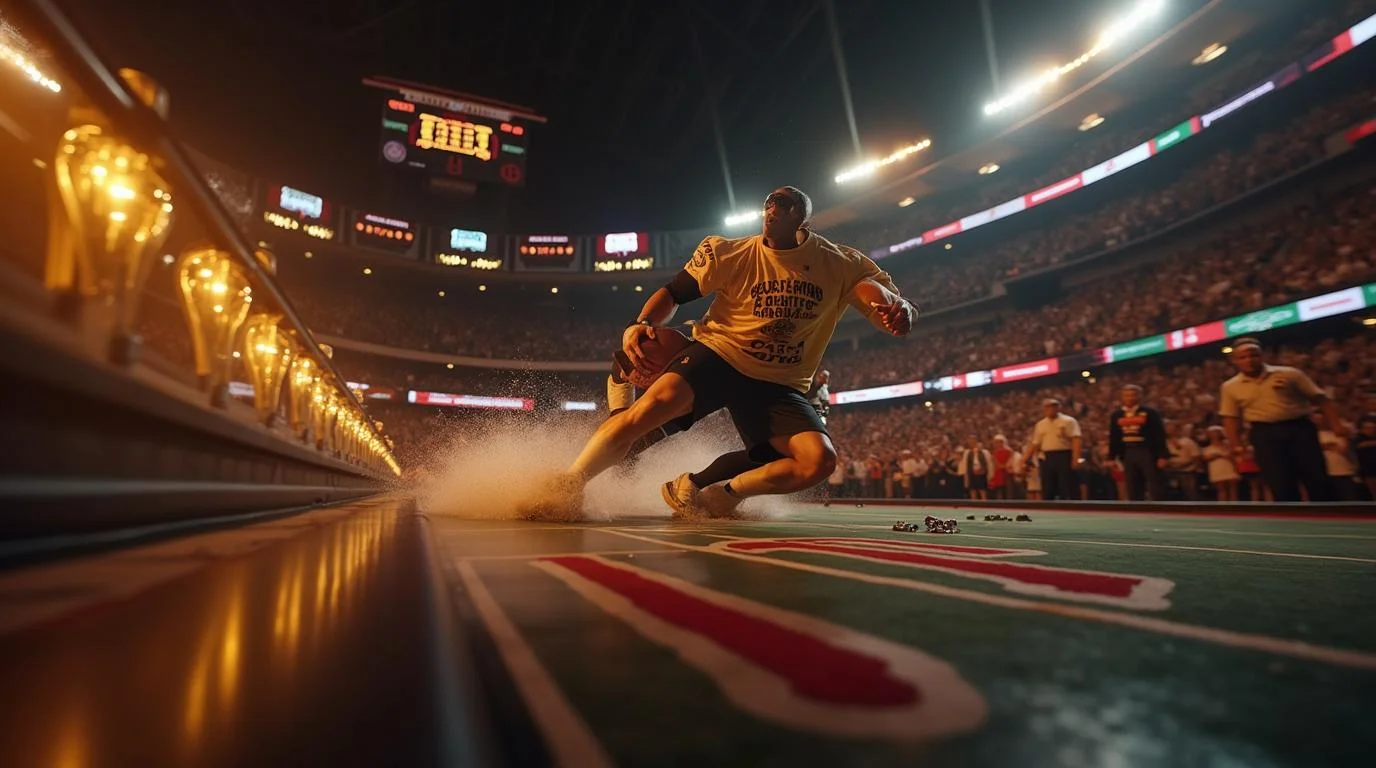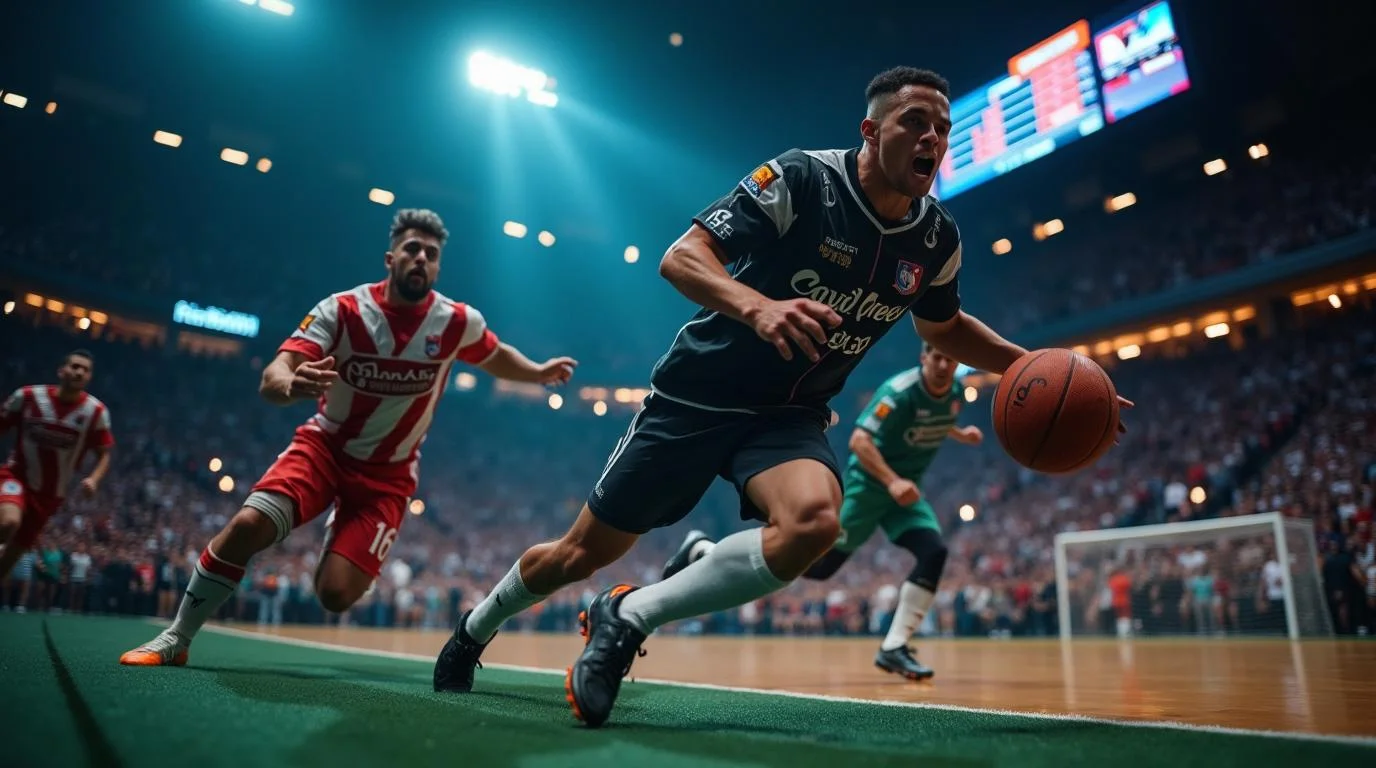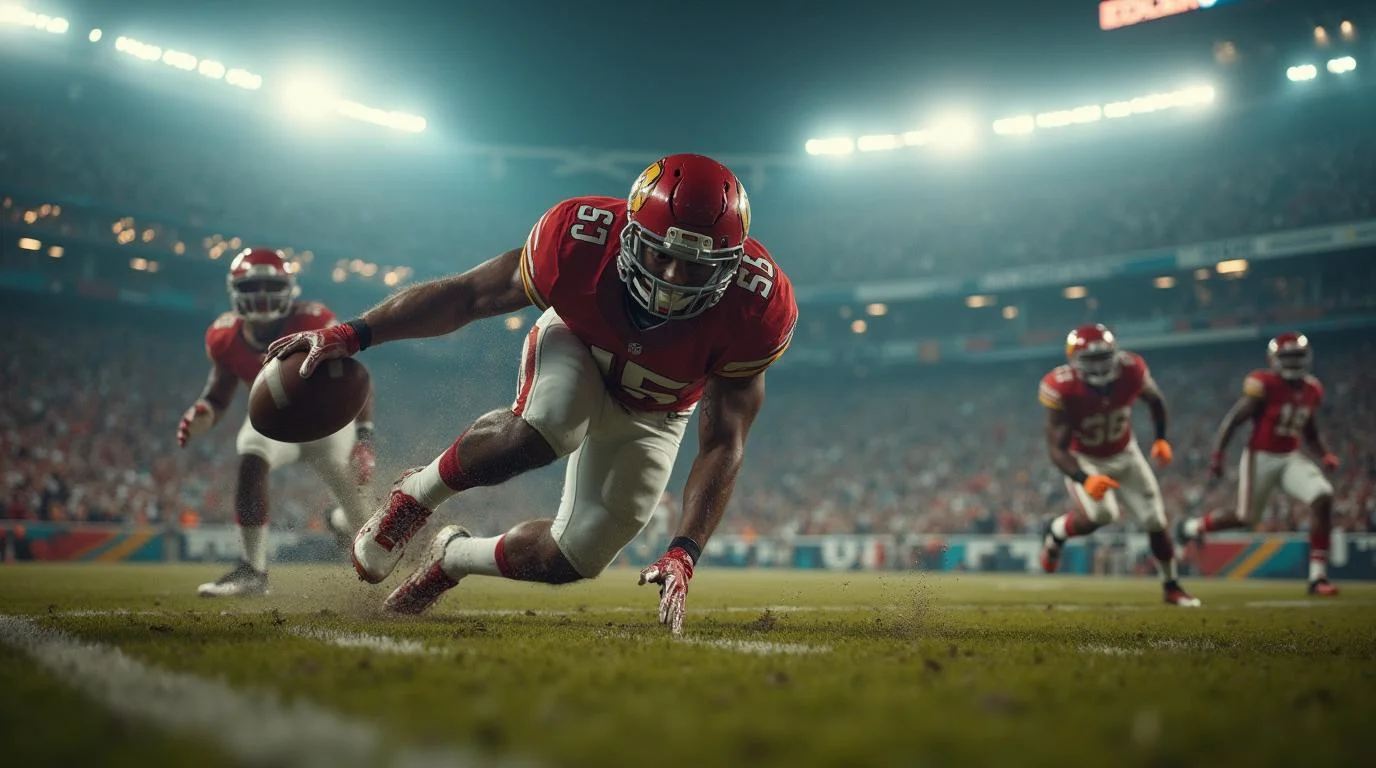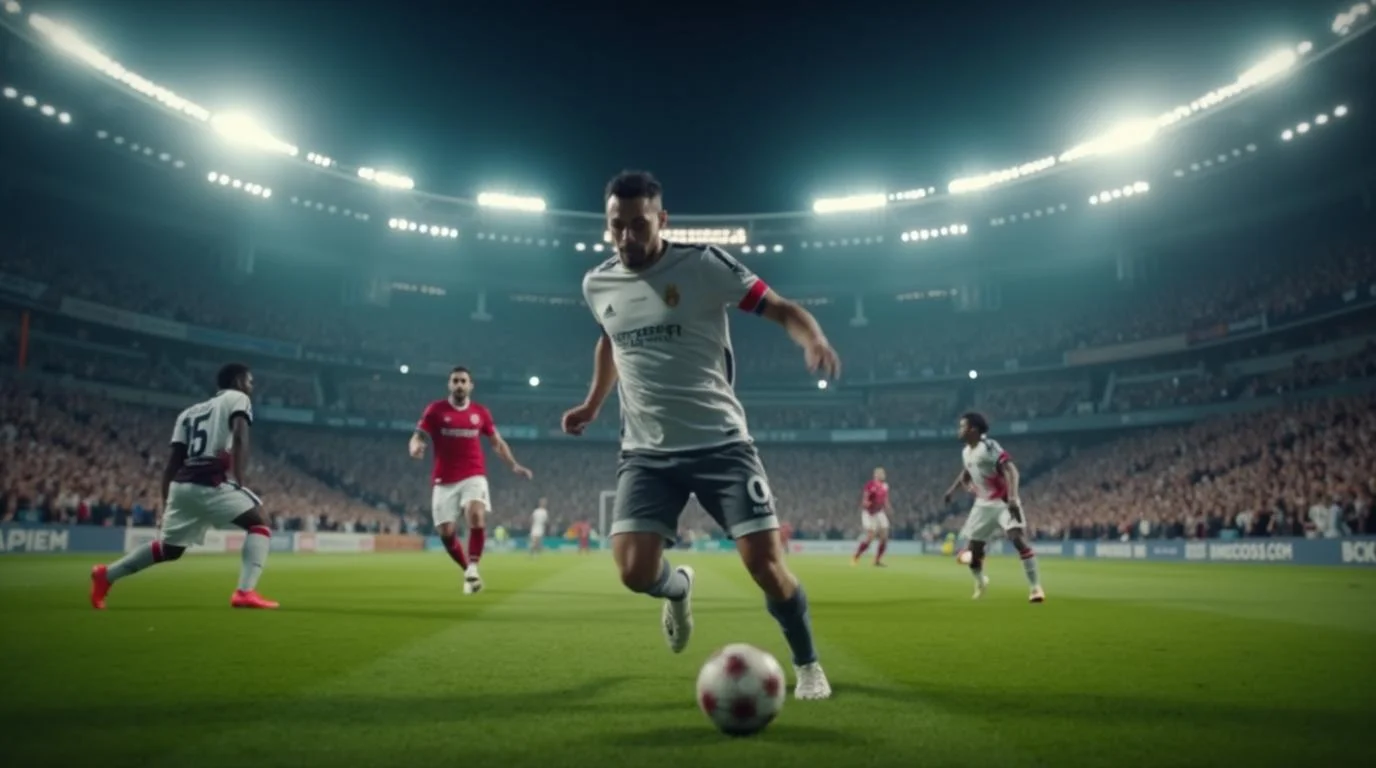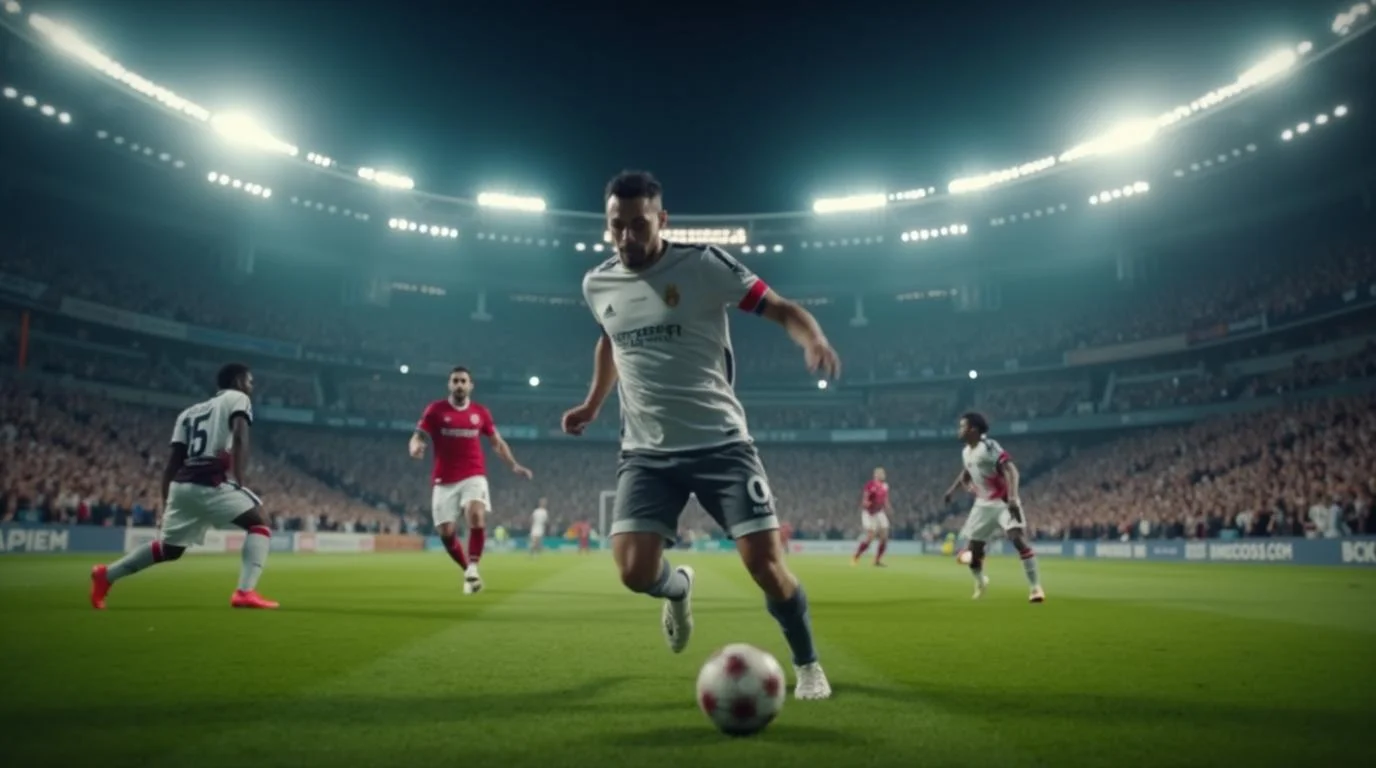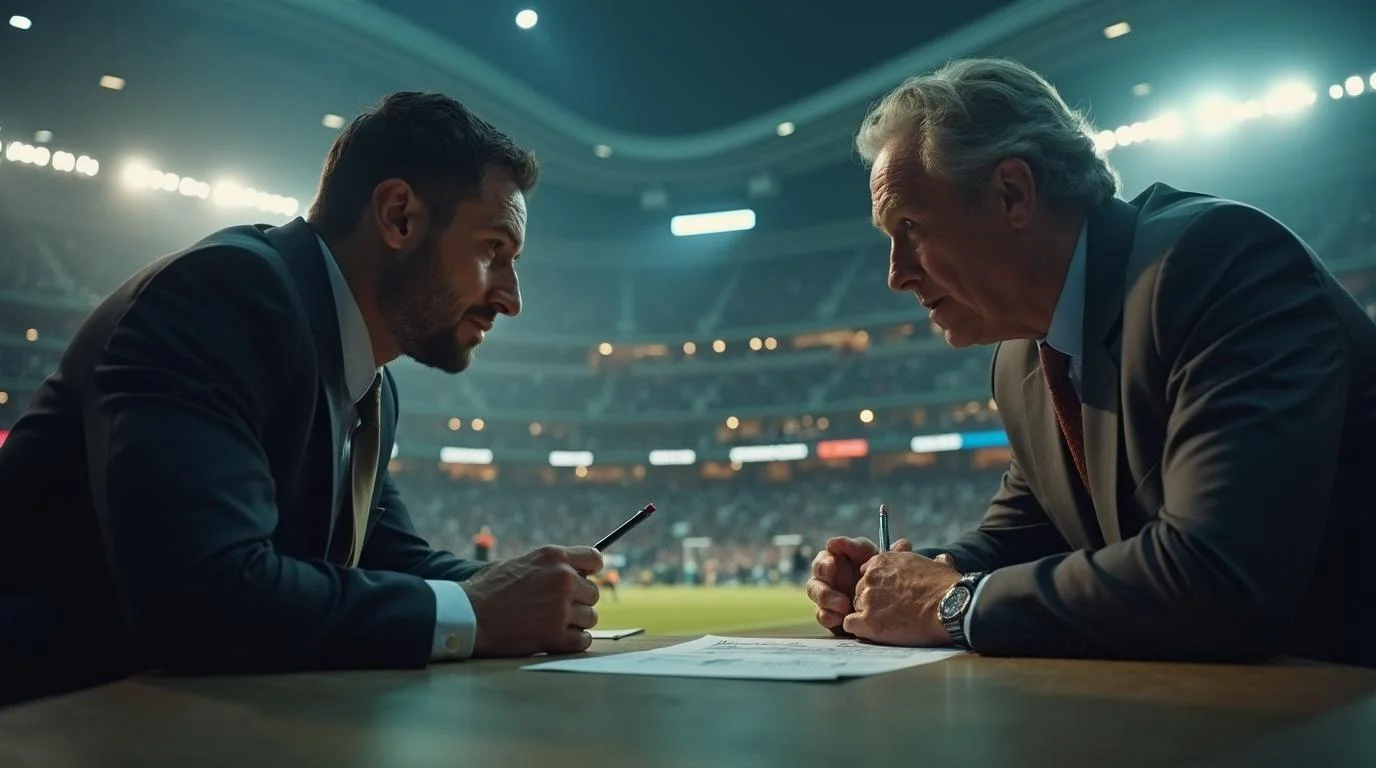Who is Grubby?
Manuel “Grubby” Schenkhuizen (born May 11, 1986, in Nieuwegein, Netherlands) is widely regarded as one of the greatest Warcraft III players of all time. As an Orc specialist, he amassed more than 38 LAN tournament victories, including six world championship titles and two World Cyber Games wins in 2004 and 2008.
His technical prowess, particularly in micro‑management and game sense, earned him the moniker “King of Orcs,” and he was a pivotal member of legendary esports teams like 4Kings, MeetYourMakers, and Evil Geniuses. Beyond the battlefield, Grubby’s strategic excellence and charismatic play style made him a fan favorite, especially in regions like China, where his iconic matches against top Asian players cemented his legacy.
In January 2011, Grubby transitioned to StarCraft II, switching to Protoss and joining Evil Geniuses, where he competed professionally until 2014. After retiring from competition, he embarked on a successful career as a caster and streamer, covering titles like Heroes of the Storm and Warcraft III, while building a large online following on Twitch.
His presence transcends gameplay: Grubby also featured in the 2008 documentary Beyond the Game, which followed top Warcraft III players across global competitions. Married to Cassandra “PpG” Ng since 2010, he continues to influence the esports world as a respected content creator and community figure.
Grubby’s Net Worth Over the Years
Is Grubby a Legendary Esports Icon?
Without a doubt, Grubby has earned his place as one of the true legends of esports. His journey across multiple top-tier competitive titles – Warcraft III, StarCraft II, Age of Empires IV, and even Dota 2 – sets him apart from most players in the industry. What makes his legacy so enduring isn’t just the trophies or the money, but the consistency in his approach, the respect he’s earned from both fans and peers, and his ability to evolve with the times.
Today, Grubby continues to be an influential figure – not only for his historic achievements but for his thoughtful commentary, educational streams, and the positive environment he fosters online. His estimated net worth, while impressive, is just one measure of a career built on passion, hard work, and an unwavering connection with his audience.
So, is Grubby a legendary esports icon? Absolutely. Not just for what he accomplished on stage, but for the way he’s continued to lead off it.
Grubby Post Esports Career – Twitch Streaming
At the end of his career, his move to Twitch proved to be the only thing he can consider to keep it afloat. After years of competing at the highest level in games like Warcraft III and StarCraft II, he found a new way to stay connected to the gaming world – one that didn’t rely on tournaments or rankings, but on sharing his passion directly with others.
What made his transition to Twitch so successful wasn’t just his gameplay. It was the way he brought people into his world. Grubby didn’t just stream matches; he explained his decisions, responded to chat in real time, and created a space that felt welcoming and thoughtful. Whether you were a longtime RTS fan or someone completely new to the genre, his streams offered something valuable – insight, personality, and a genuine love for strategy games.
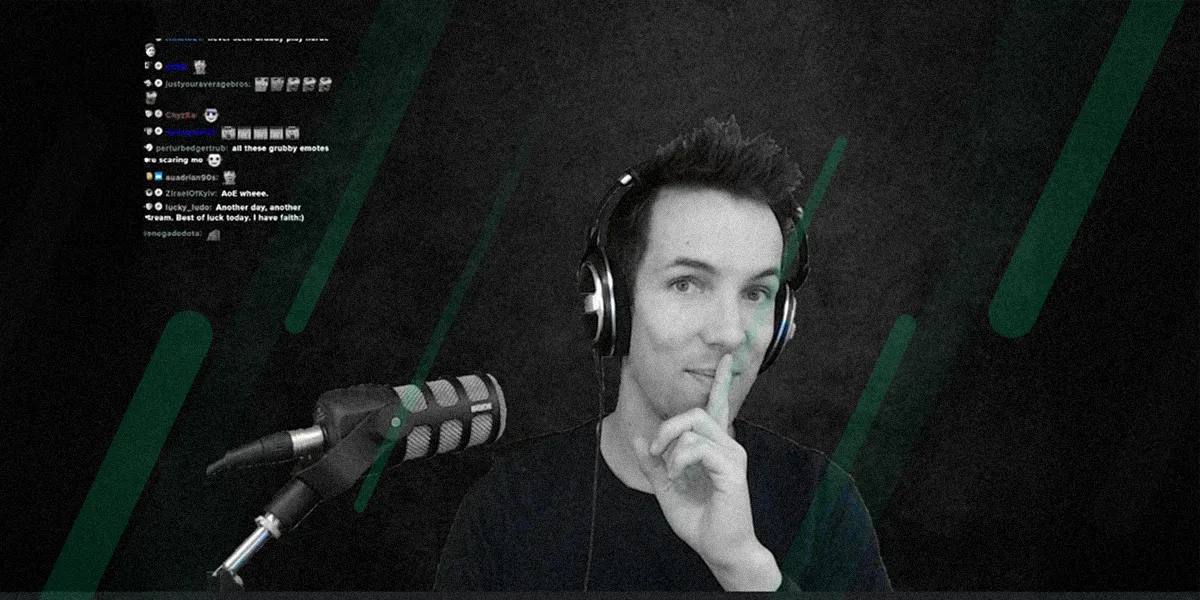
Over time, his Twitch channel grew into more than just a platform for content. It became a hub for community. People tuned in not just to watch him play, but to learn, to laugh, and to be part of something familiar and consistent.
Grubby’s calm voice, patient attitude, and deep knowledge of game mechanics gave his streams a unique flavor that stood out in the fast-paced world of live content.
Grubby in Warcraft III
Grubby became one of the most iconic figures in the history of Warcraft III, and his success in the game truly defined and elevated his career. Known for his calm demeanor and sharp strategic mind, Grubby specialized in playing the Orc race, and his gameplay was marked by incredible micromanagement and timing.
His rise began in the early 2000s, during a golden age for Warcraft III esports. Playing for top teams like 4Kings and MeetYourMakers, Grubby quickly gained international attention. One of his most notable achievements came in 2004, when he won the World Cyber Games (WCG), one of the most prestigious tournaments in the scene.
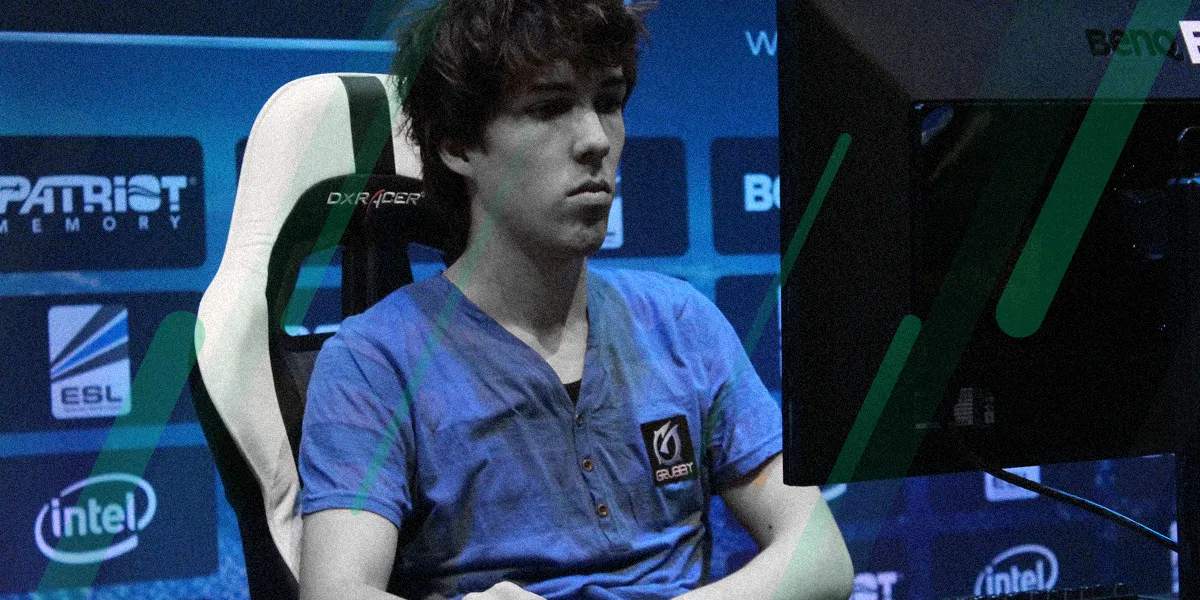
This victory wasn’t just a personal milestone; it also solidified his reputation as a top-tier player on the world stage. He continued to rack up major titles, including an Electronic Sports World Cup (ESWC) win in 2005 and multiple other podium finishes throughout his career.
What set Grubby apart wasn't just his skill, but the way he carried himself. He became a fan favorite not only for his gameplay but also for his sportsmanship and ability to communicate his thought process. As a result, he made a natural transition into content creation and casting, continuing to grow his audience long after his peak competitive days.
Grubby's success in Warcraft III didn’t just earn him trophies; it gave him a platform. He turned that into a lasting career in gaming, influencing aspiring players and becoming a respected voice in the RTS and broader esports community.
Grubby in StarCraft II
Grubby’s transition from Warcraft III to StarCraft II wasn’t just a shift in games, it was a defining moment in his career that showed his resilience and passion for competition. When StarCraft II launched in 2010, many players from the Warcraft III scene made the jump, but not all of them found the same level of success.
Grubby, however, brought with him years of experience, a dedicated fan base, and a deep understanding of real-time strategy games. Although he didn’t reach the same championship heights in StarCraft II as he did in Warcraft III, Grubby still made a meaningful impact.
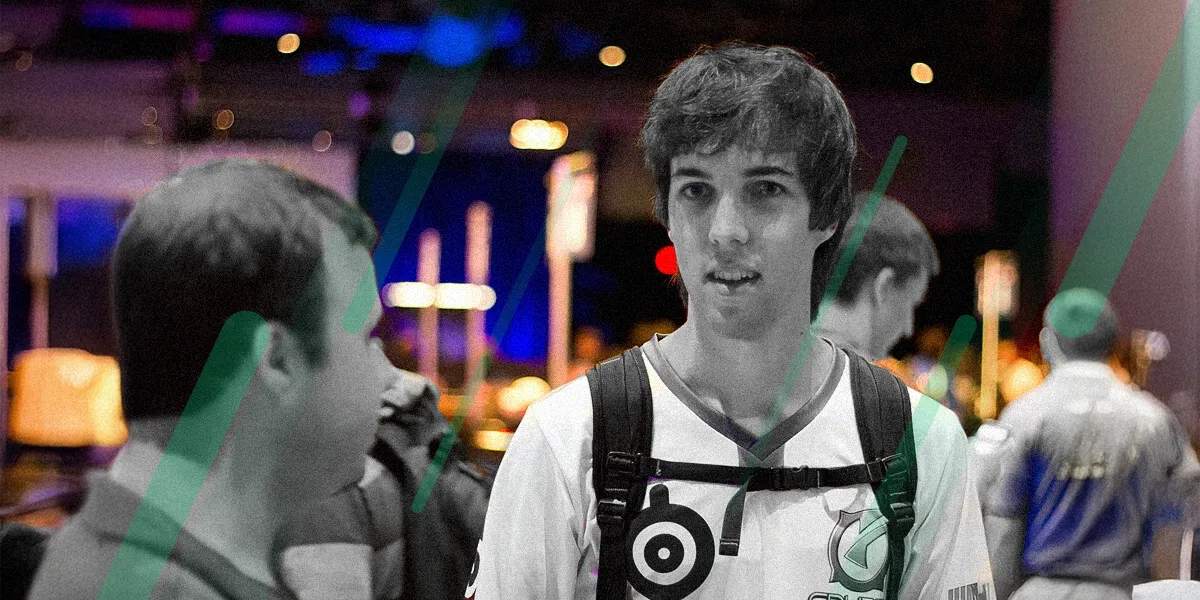
Competing as a Protoss player, he regularly placed well in international tournaments and earned respect for his thoughtful playstyle and strong work ethic. His deep game knowledge and adaptability kept him competitive in a field full of younger and often full-time players.
More than just another pro player, Grubby became a bridge between esports generations. His time in StarCraft II proved that his value extended beyond the results column. He built a career not only as a competitor but as a community leader, content creator, and ambassador for strategy gaming. That legacy continued to open doors and keep him relevant long after many of his peers had stepped away.
Grubby in Age of Empires IV
Grubby's entry into Age of Empires IV was one of those rare moments in gaming where experience meets perfect timing. After years away from competitive RTS, he jumped into AoE IV not just as a curious veteran, but with the drive of someone who still had something to prove.
What made this transition so exciting was that he didn’t just dabble in the game – he committed fully. Within months of picking it up, Grubby was already competing against top players, surprising fans and newcomers alike with how quickly he adapted.
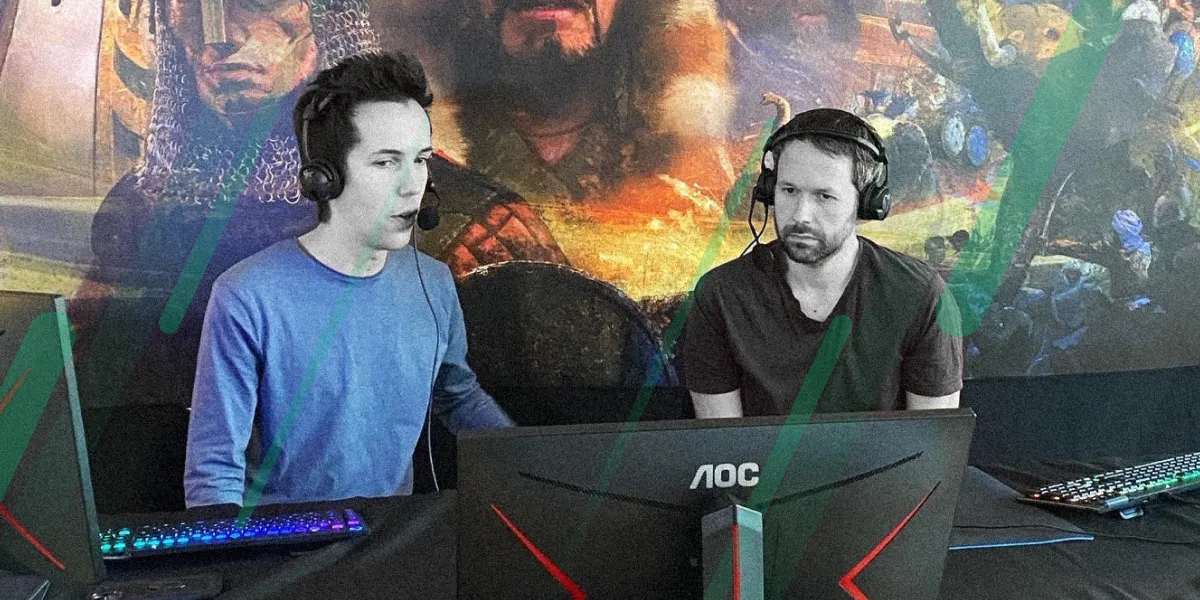
His deep roots in RTS shone through right away. Grubby’s strategic thinking, refined through years of playing Warcraft III and StarCraft II, gave him a strong foundation. But what really made his Age of Empires IV journey special was the way he shared it. He streamed regularly, not just showcasing high-level play but walking viewers through his decision-making in real time.
This combination of high skill and clear, engaging commentary brought in a wave of new fans and re-energized his long-time followers.
Grubby in Dota 2
While it seem abrupt, Grubby’s journey into Dota 2 was a bold step into completely new territory. After years of excelling in real-time strategy games like Warcraft III, StarCraft II, and Age of Empires IV, jumping into a team-based multiplayer online battle arena was a huge shift. What made his foray into Dota 2 so compelling was that he didn’t enter it as an expert or seasoned pro.
He started from scratch, live on stream, with the humility of someone genuinely eager to learn. Instead of focusing on instant results, Grubby leaned into the process. He approached Dota 2 with the same analytical mindset that helped him succeed in RTS games, breaking down mechanics, learning from mistakes, and steadily improving.
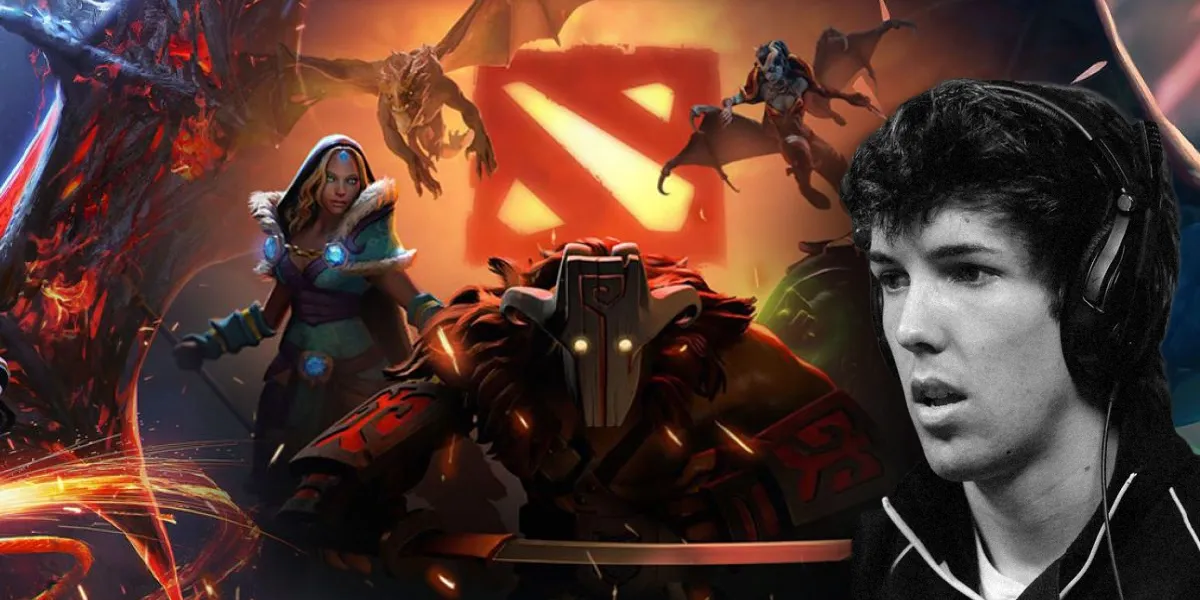
Watching him struggle through his first matches, ask questions, and celebrate small victories reminded fans that even seasoned pros can be beginners again. Though he wasn’t chasing competitive glory this time, his dedication to improvement and his openness about the learning curve helped him grow even more as a content creator. He earned the respect of Dota 2 veterans not by pretending to be great, but by showing up consistently and doing the work.
Grubby’s Dota 2 journey didn’t add trophies to his shelf, but it added something else: depth. It showed that his career wasn’t just about winning, it was about evolving.











_800x800.webp)
